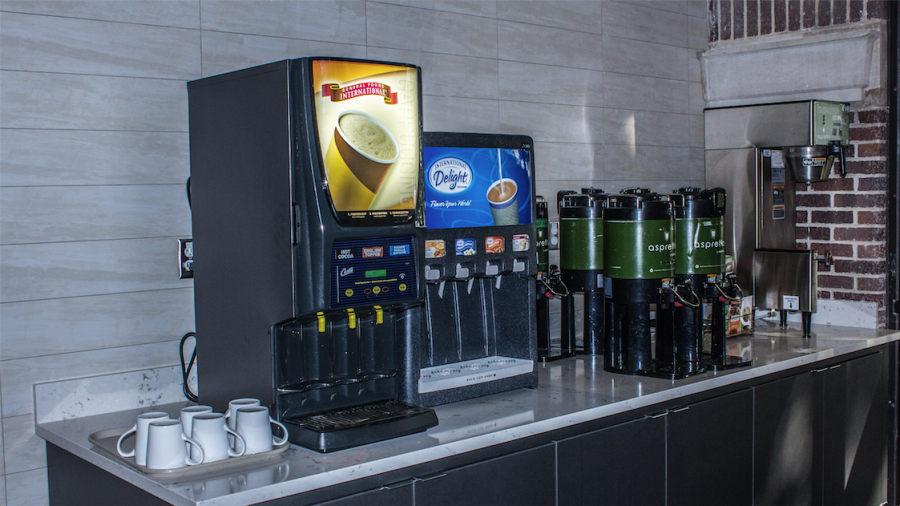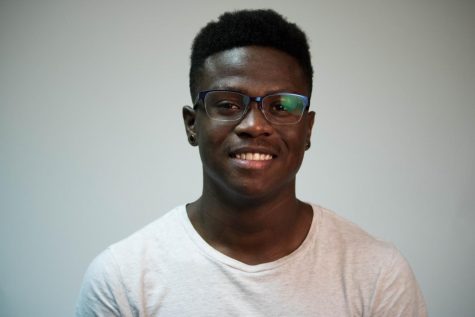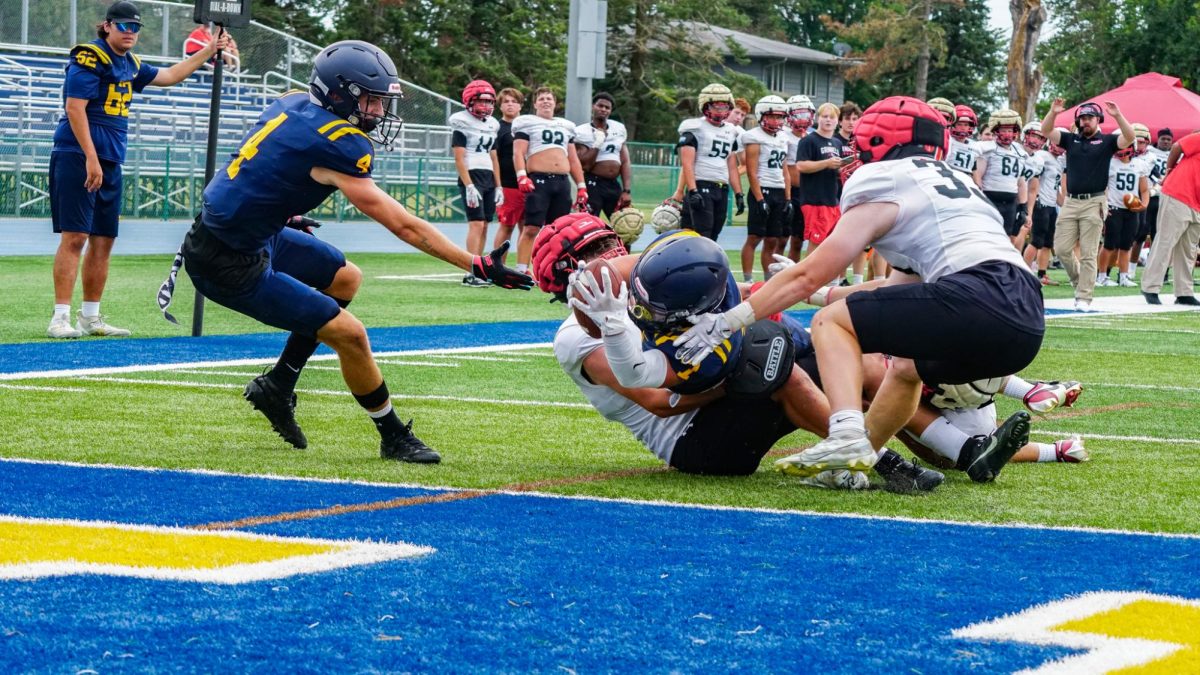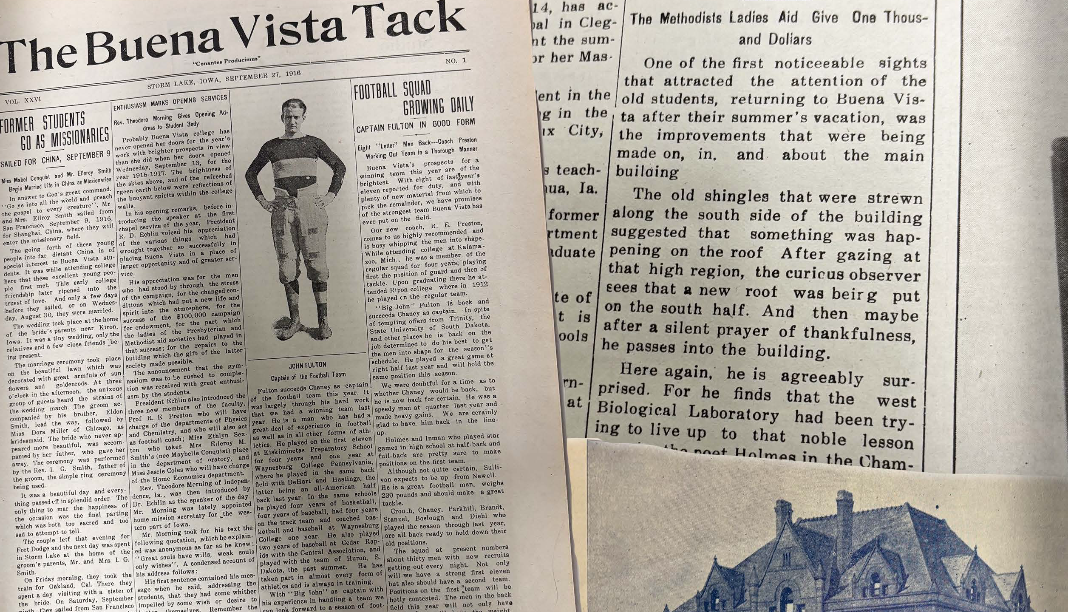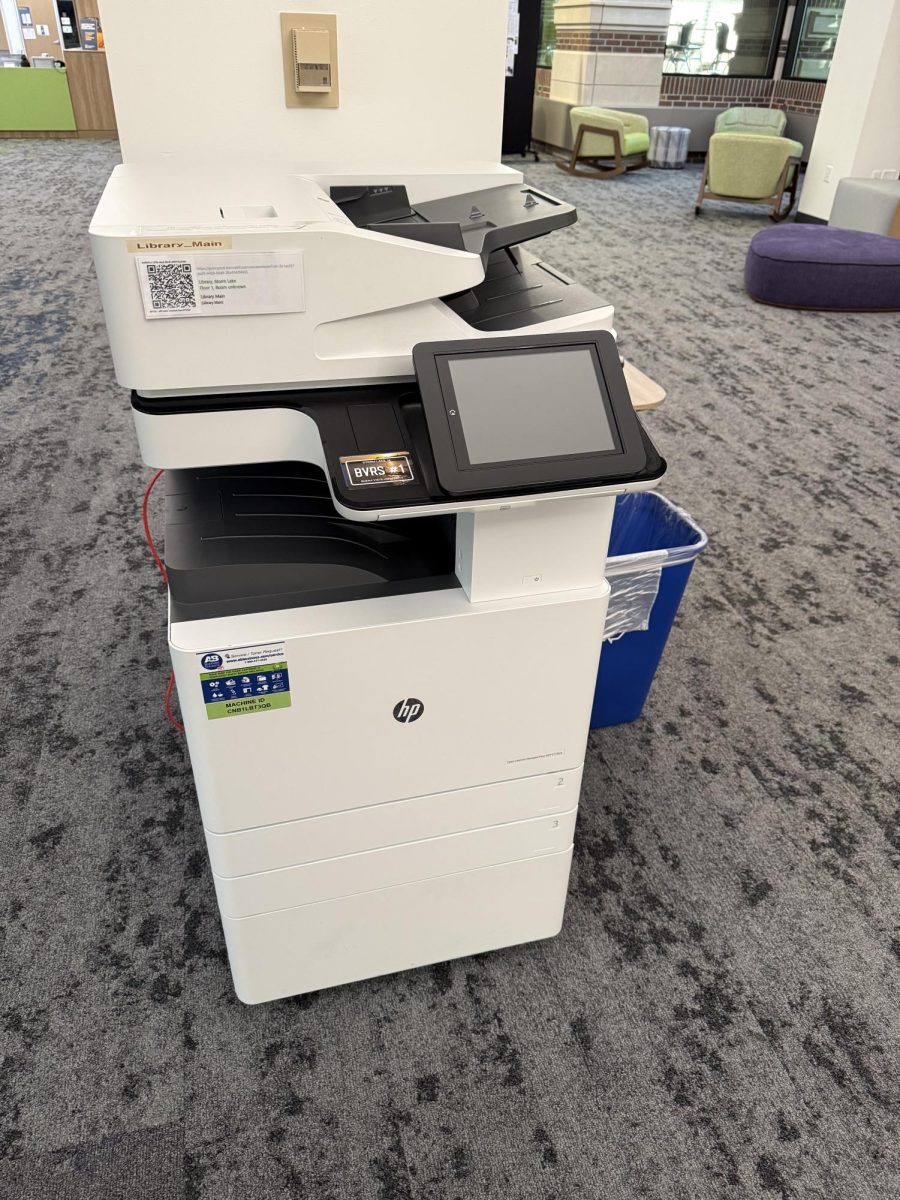The Last Straw for Accessibility
September 12, 2018
As an environmental science major, I know very well that plastic is a problem. Our society produces waste on a scale that can hardly be imagined, and that waste has to go somewhere. That somewhere is usually the ocean. The Great Pacific Garbage Patch is probably the most famous example, and it’s hard to miss the countless pictures of marine wildlife trapped or harmed by plastic. Those images are a part of what has spurred the movement to ban various plastic items; most notably, plastic straws. I’ve watched as the list of entities that have banned plastic straws has grown longer and longer, and now that list includes Sodexo.
So, it’d be natural for me to consider this a victory, right? People have made their voices heard, and Sodexo is responding to the call to address this problem. Sodexo is doing its part to reduce waste and help make our world cleaner. I commend them for taking steps to do so; too many organizations completely ignore the mounting environmental issues our world faces. But in the larger conversation around plastic straw bans, there are one or two issues that tend to be overlooked or outright ignored. Issues that I believe deserve to be noted.
For those of us not differently abled, it can be easy to miss the little things that can cause big problems for those with disabilities. And one of those little things is a lack of plastic straws. For those with mobility or motor-control issues, straws can be a crucial tool for drinking. Plastic is currently the only thing on the market that’s bendable, durable, and easy to use. Reusable straws are also hard to wash, providing another barrier to use. None of the current alternatives to plastic straws fit all the criteria to make them true replacements. Though I do not know if BV currently has anyone on campus who would need a straw to drink, the possibility of new students or visitors who might need one is still there. And requiring them to bring their own straws puts that burden of responsibility on the individual. Now, this isn’t to say that this means that plastic straws should be freely available for students to use. But we should probably have some available for those who need them.
We absolutely need to rethink how we use plastic and, as a society, stop using disposable plastic. There is promising research currently happening on useful alternatives to plastics, for straws and everything else. But until we have a viable alternative to plastic straws for people who need it to use, it’d be a good idea to keep at least some of them around.



